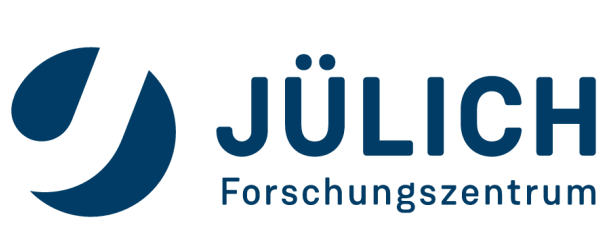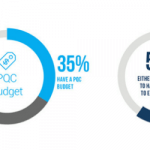Jülich Supercomputing Centre’s Professor Michielsen, One of Europe’s Top Quantum Scientists, Discusses Progress & ‘Managing Expectations’

(DW.com.en) A Deutsche Welle journalist traveled to Jülich Supercomputing Centre buried in the Stetternicher Forest in Germany’s north west to interview Professor Kristel Michielsen and determine “Is quantum computing all it’s cracked up to be?” This is a lengthy article with an opening introduction to quantum computing and a discussion of Google’s recent announcement of quantum computing.
Professor Michielsen is considered one of Europe’s top quantum scientists. Under her leadership, as a Quantum Information Processing professor, researchers at Jülich played a role in Google’s demonstration of quantum supremacy. Managing expectations is proving a challenge. Professor is says, “A lot of promises are made and it’s not always stressed that it’s still in a kind of research phase.”
“Sometimes people think: Okay, it went fast with mobile phones, it went fast with this and that, so maybe in a few years I will have my own quantum computer in a mobile phone. I think this is simply not realistic. If we even have working quantum computers in the first stage, they will be in a computer center like this one,” she told DW.
The campus in Jülich is a collection of modern buildings with an industrial feel. The supercomputing centre is building up a laboratory for Europe’s first quantum computer that can compete with IBM and Google. Ultimately, Europe doesn’t want to be dependent on privately owned tech giants for quantum technologies.
OpenSuperQ is an EU initiative that aims to builda quantum computer with up to 100 superconducting qubits. It’s hoped it will be completed by September 2021 — after which it will be accessible to researchers within the bloc.



















